L-Aminopropionitrilehydrochloride CAS:2544-13-0
| Catalog Number | XD95629 |
| Product Name | L-Aminopropionitrilehydrochloride |
| CAS | 2544-13-0 |
| Molecular Formula | C12H17ClN2O2 |
| Molecular Weight | 256.73 |
| Storage Details | Ambient |
Product Specification
| Appearance | White powder |
| Assay | 99% min |
L-Aminopropionitrilehydrochloride is a chemical compound with various effects and applications in different fields. Let's explore some of the key effects of L-Aminopropionitrilehydrochloride.One of the primary effects of L-Aminopropionitrilehydrochloride is its ability to inhibit lysyl oxidase enzyme activity. This enzyme plays a crucial role in the cross-linking of collagen and elastin fibers, which are essential components of connective tissues. By inhibiting lysyl oxidase, L-Aminopropionitrilehydrochloride disrupts the proper formation of these fibers, leading to abnormalities in connective tissue development and structure. This effect has been used in research to study the role of lysyl oxidase in tissue remodeling and diseases related to connective tissue disorders.Additionally, L-Aminopropionitrilehydrochloride has been found to affect hair development and structure. Research has shown that the administration of L-Aminopropionitrilehydrochloride in animal models can cause hair loss and alterations in hair quality, such as curling or frizziness. This effect has been utilized in studies related to hair biology and the development of hair care products.Furthermore, L-Aminopropionitrilehydrochloride has been investigated for its potential therapeutic effects in certain diseases. It has been studied as a potential treatment for aneurysms, as its ability to inhibit lysyl oxidase activity may help prevent the degradation of vessel walls. Moreover, L-Aminopropionitrilehydrochloride has shown promising effects in the treatment of skin wounds, as it can modulate the deposition and organization of collagen fibers in the healing process.It is important to note that L-Aminopropionitrilehydrochloride should be handled with care due to its potential toxicity. Proper safety precautions should be followed in handling, storage, and disposal of this compound.In conclusion, L-Aminopropionitrilehydrochloride exhibits various effects and applications in different fields. Its ability to inhibit lysyl oxidase activity and affect connective tissue development and hair structure has been utilized in research studies. Moreover, its potential therapeutic effects in aneurysms and wound healing have been investigated. By understanding the effects of L-Aminopropionitrilehydrochloride, researchers can further explore its applications and potential benefits in various fields of study.


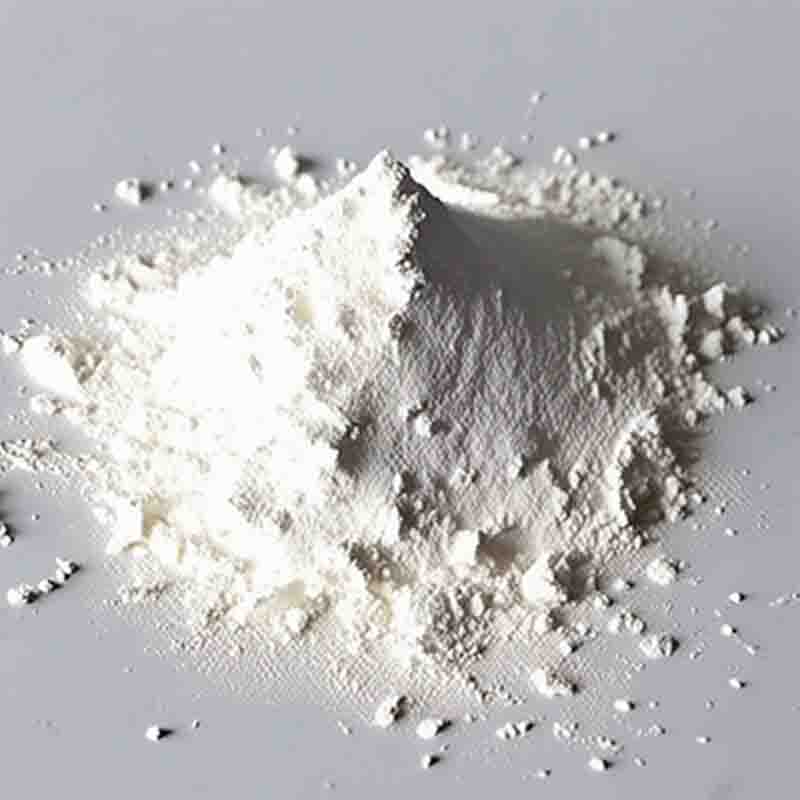

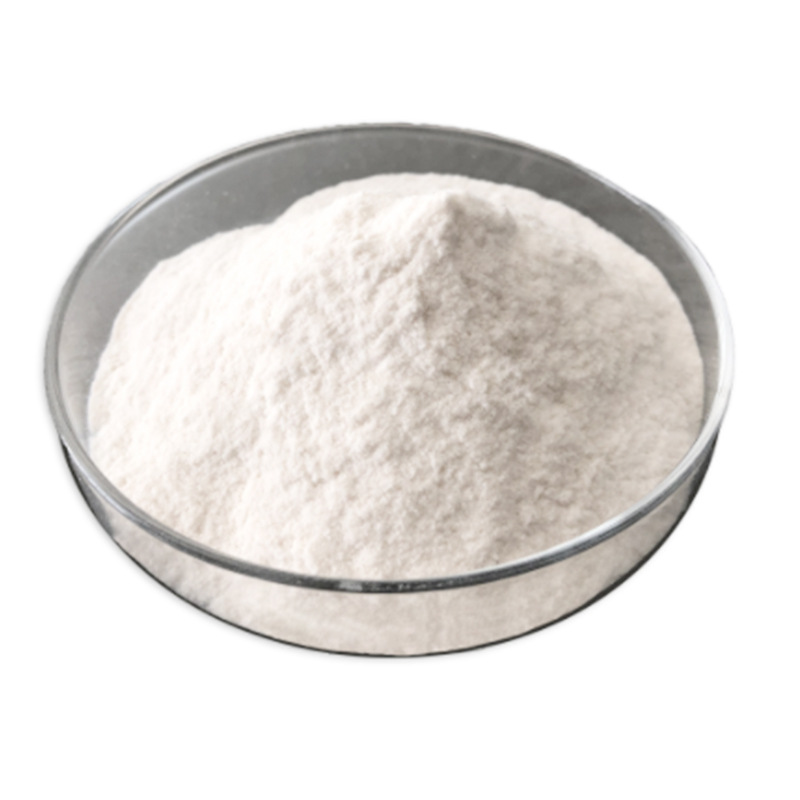
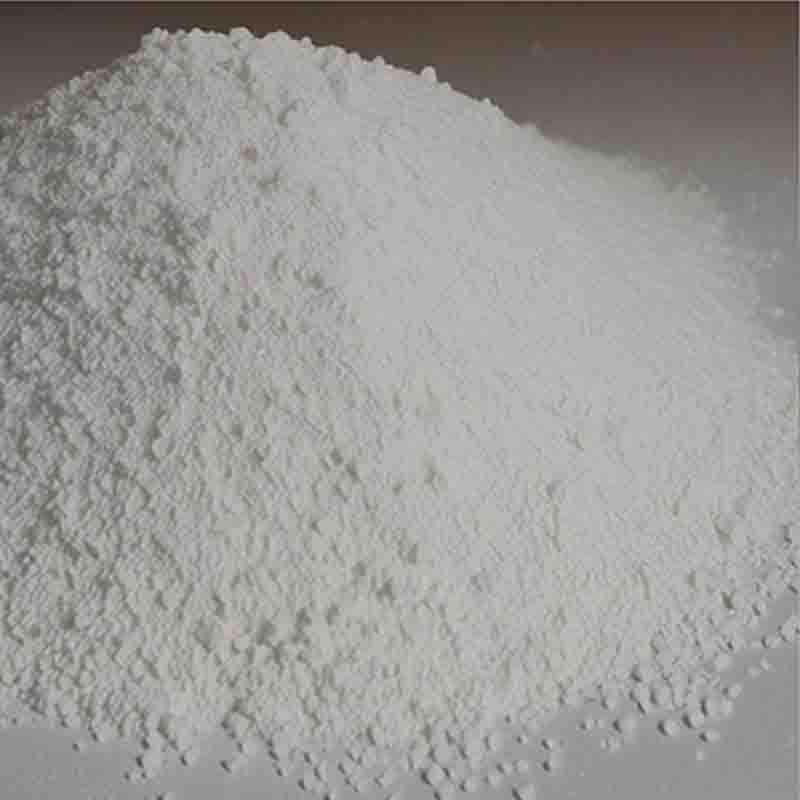
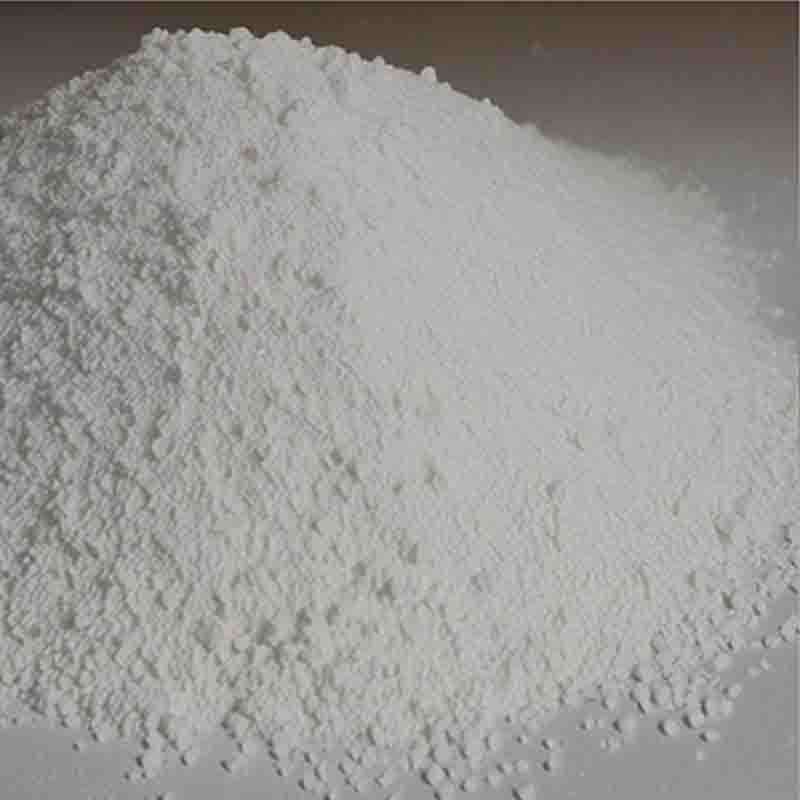
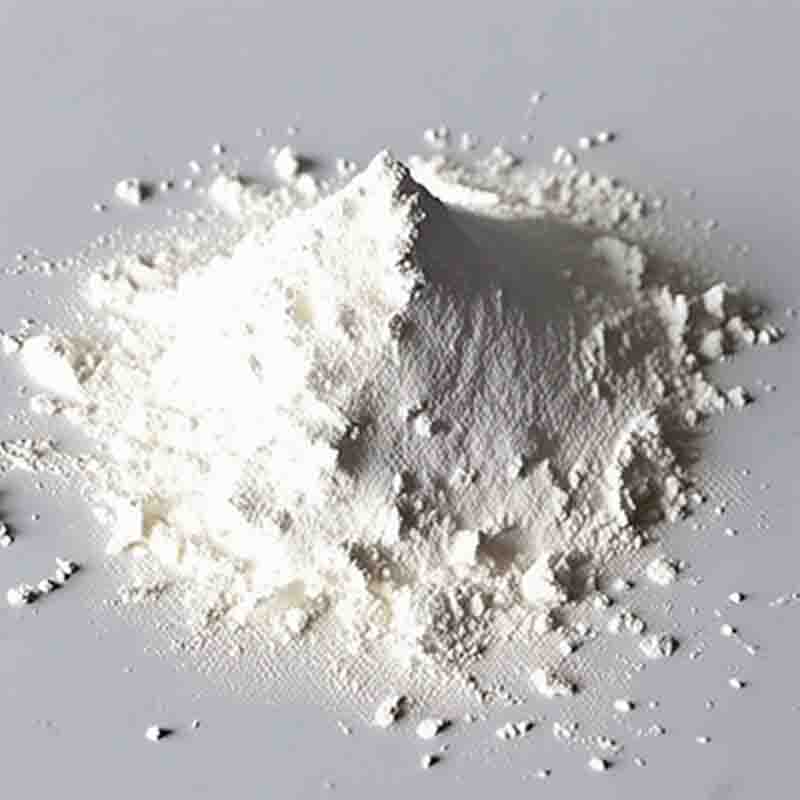
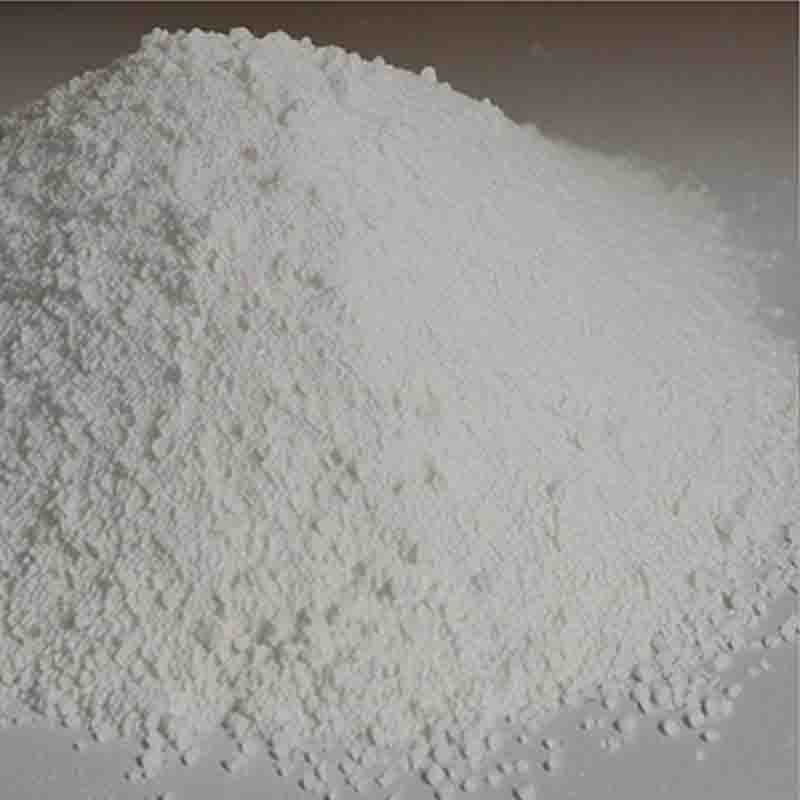
![2-[(4-cyanophenyl)amino]acetic acid CAS: 42288-26-6](https://cdn.globalso.com/xdbiochems/白色粉末1486.jpg)